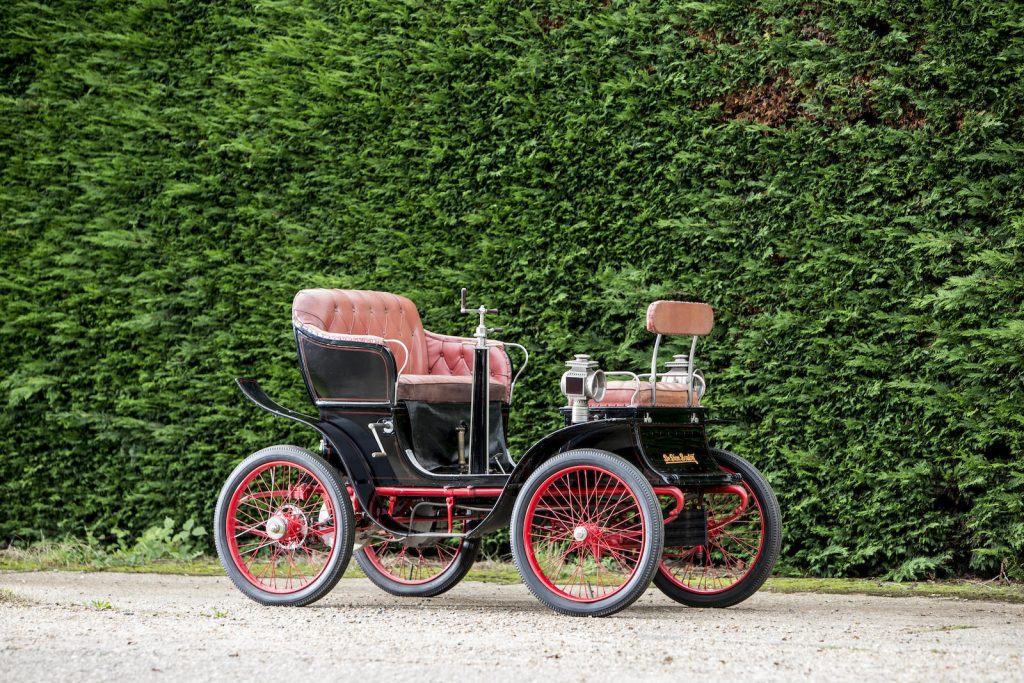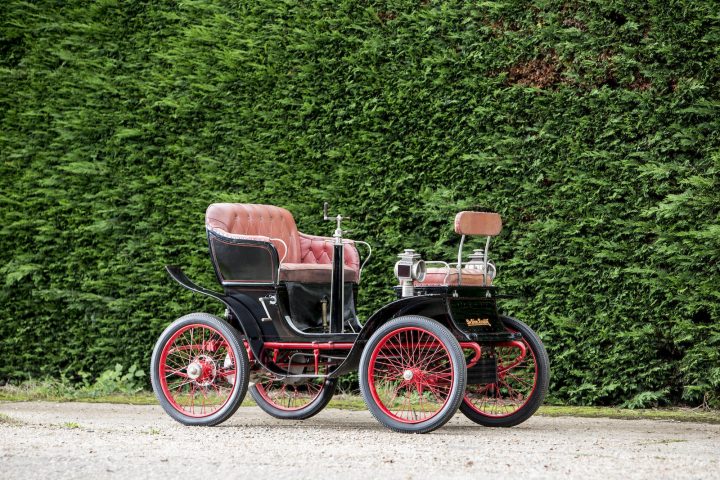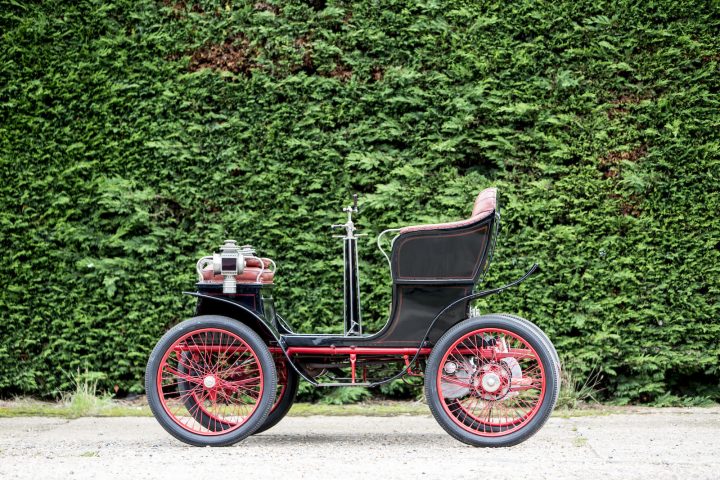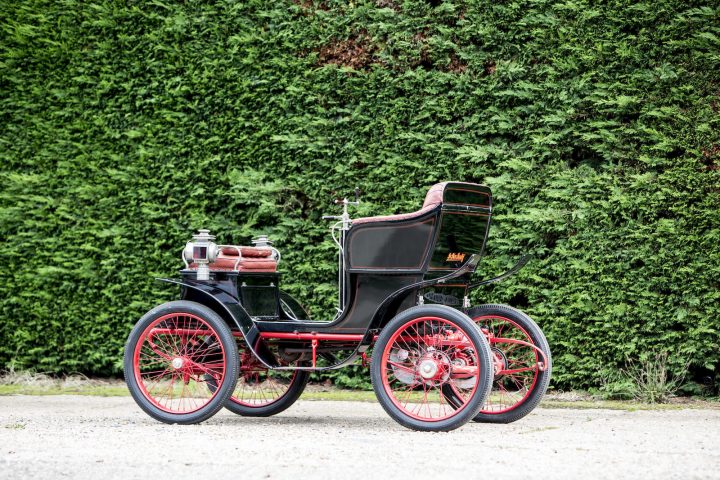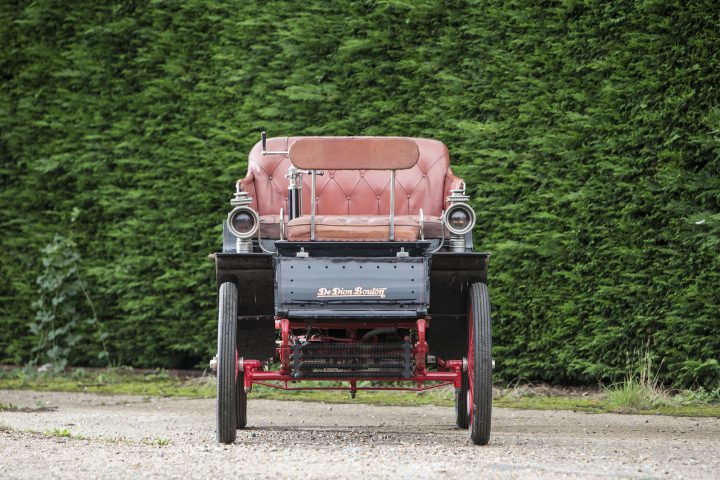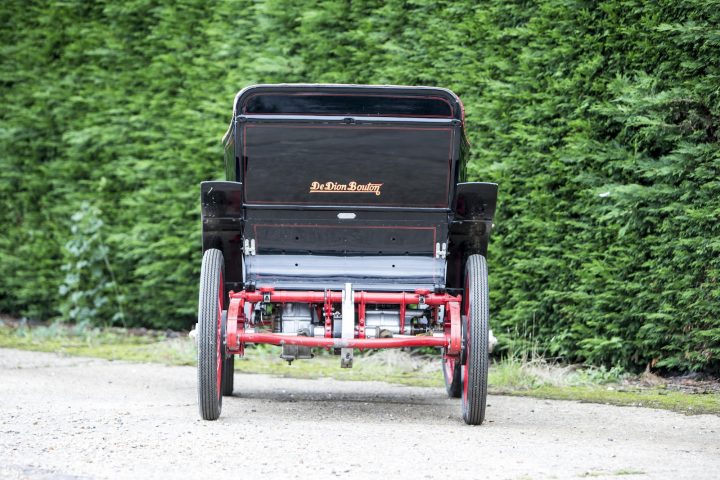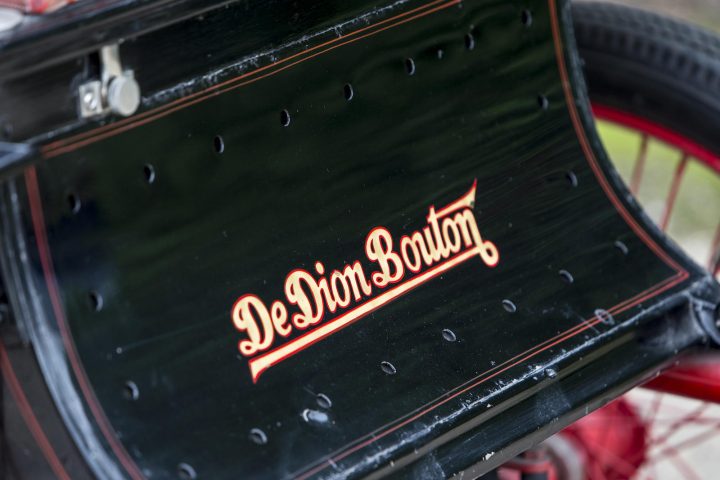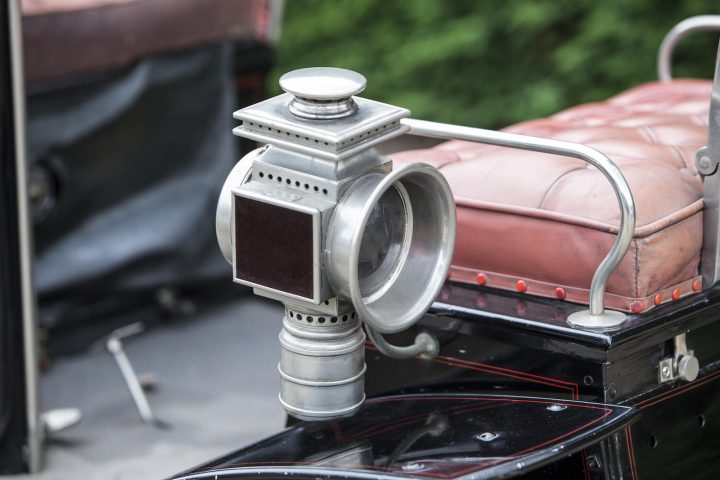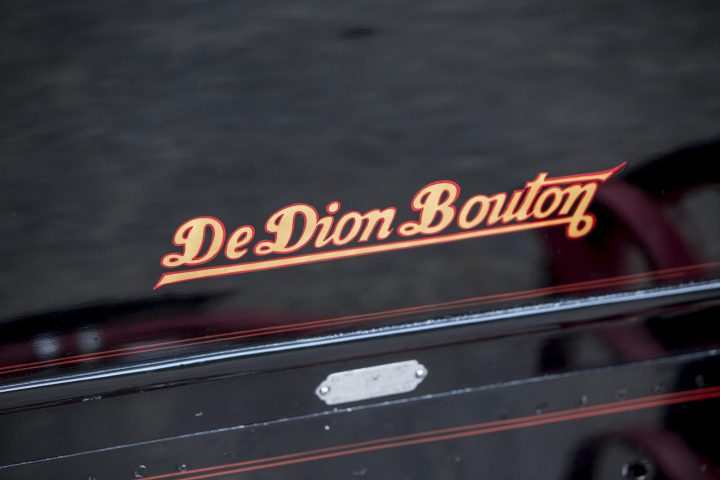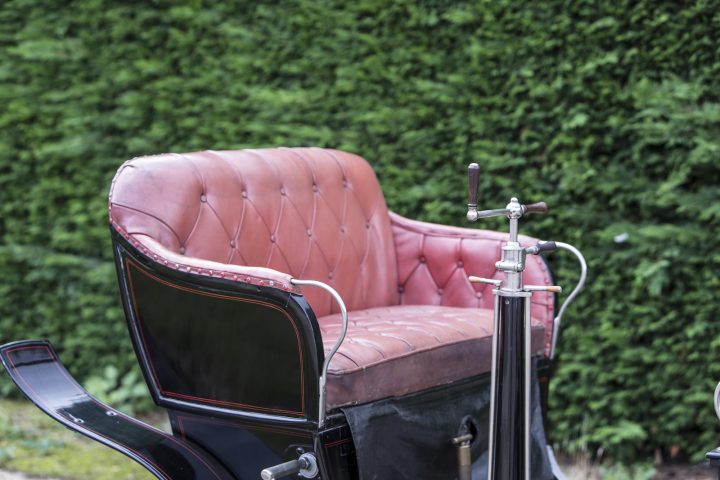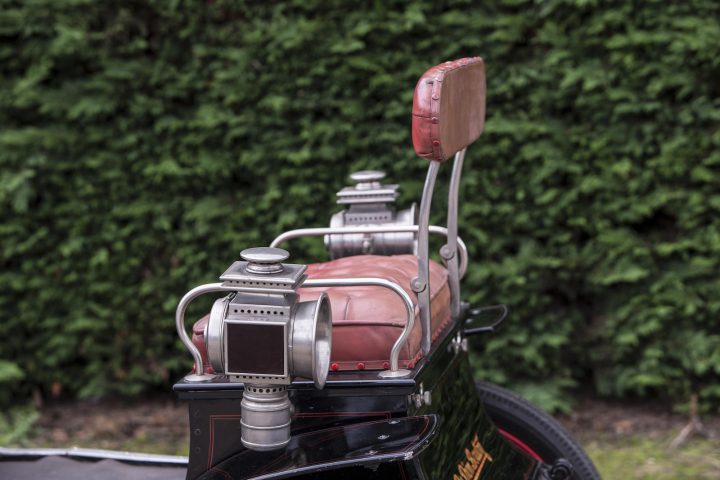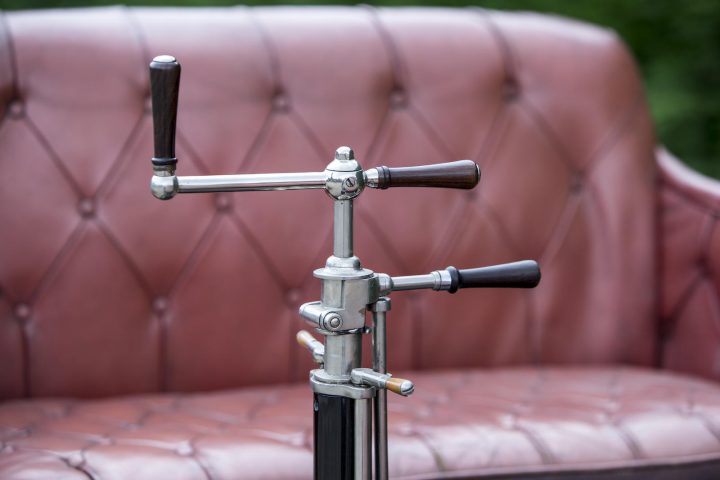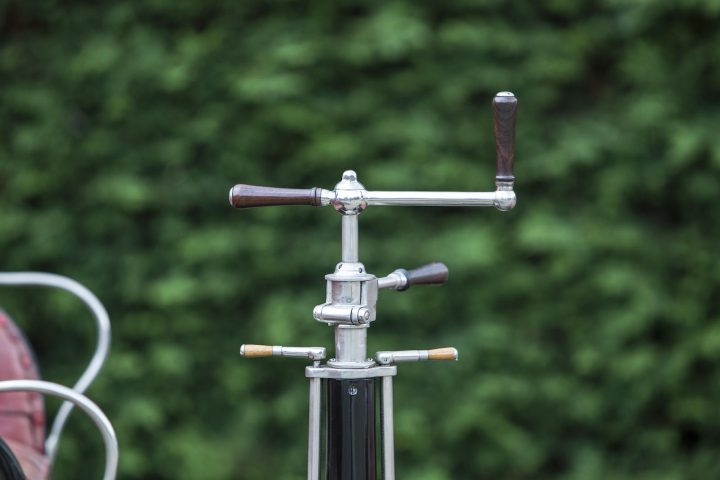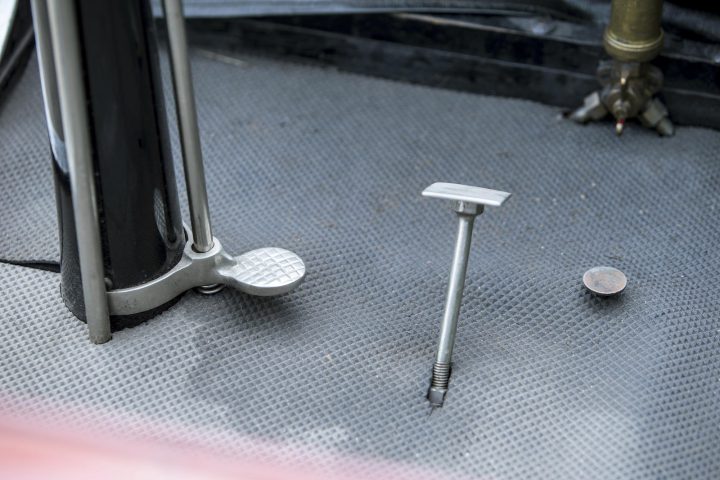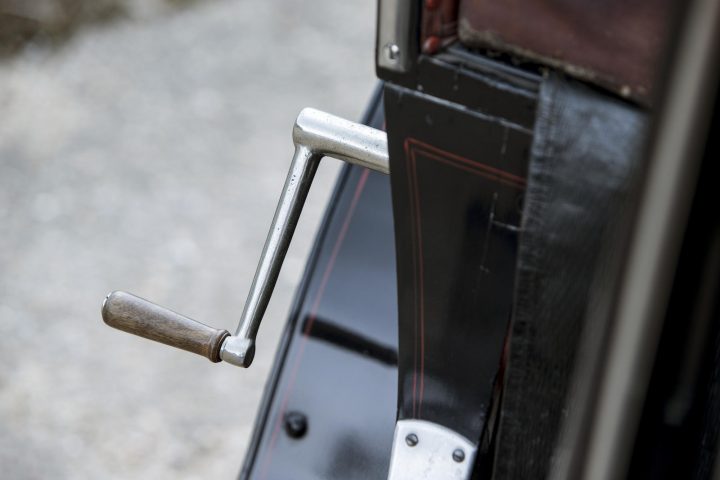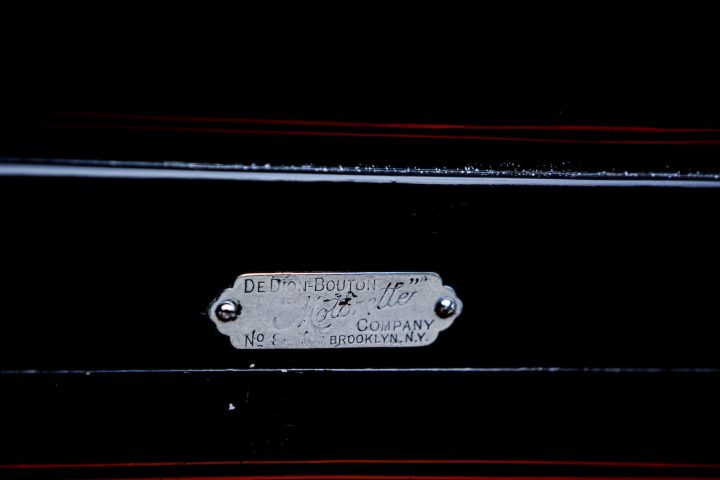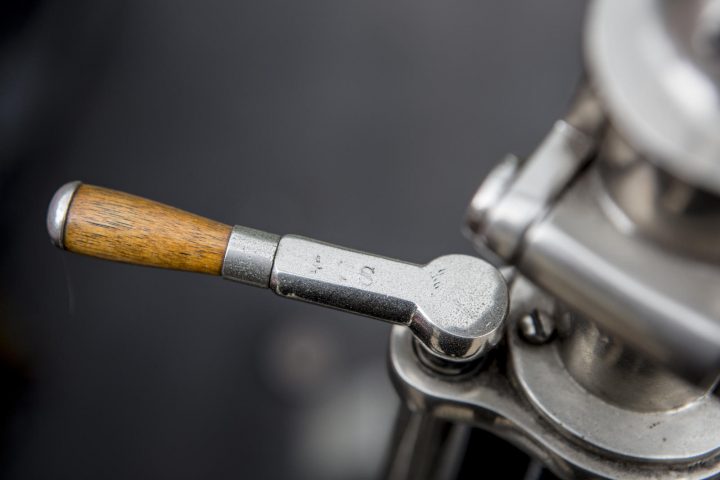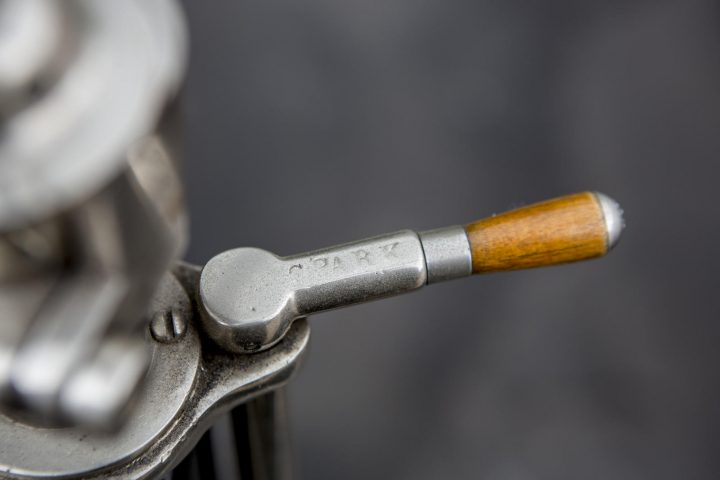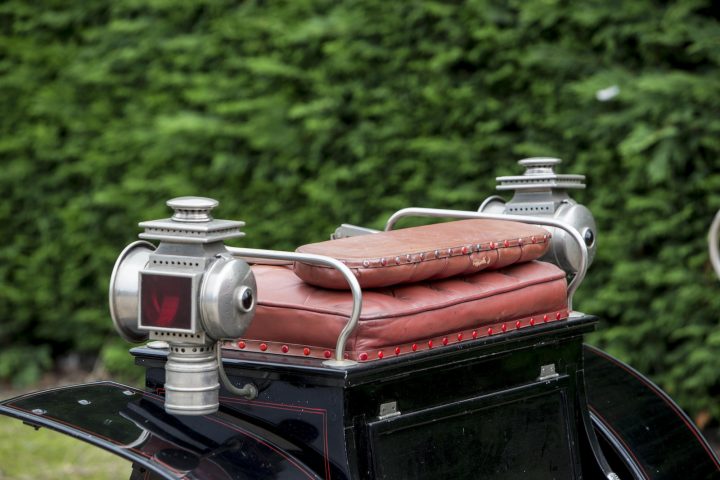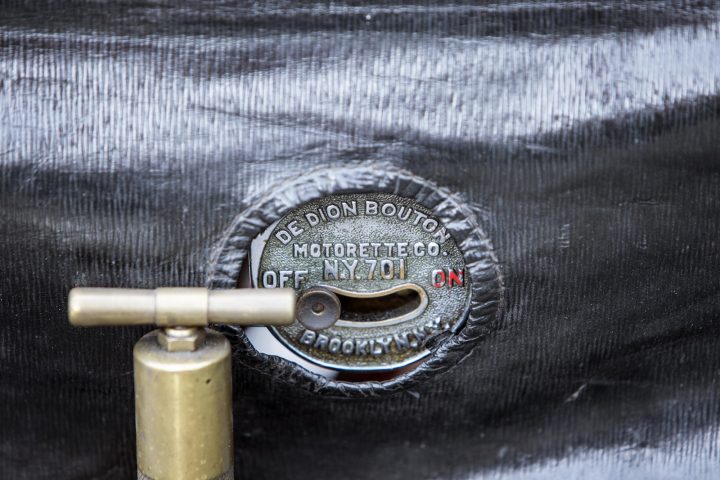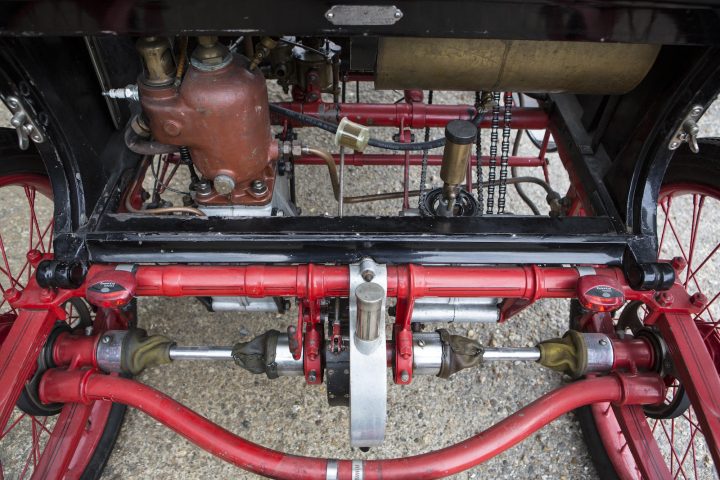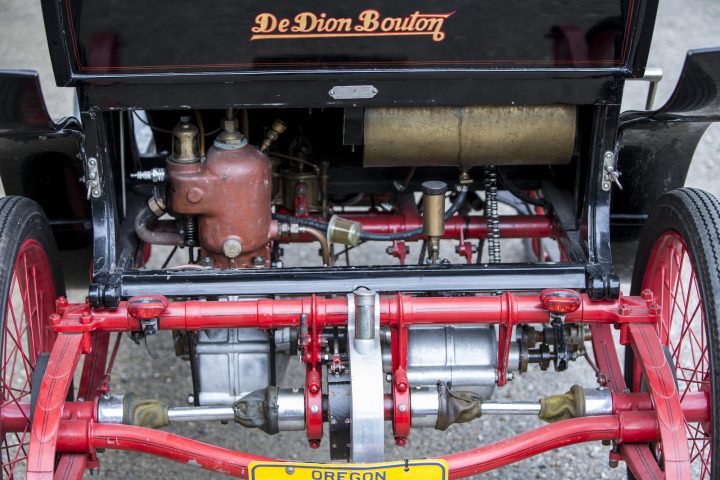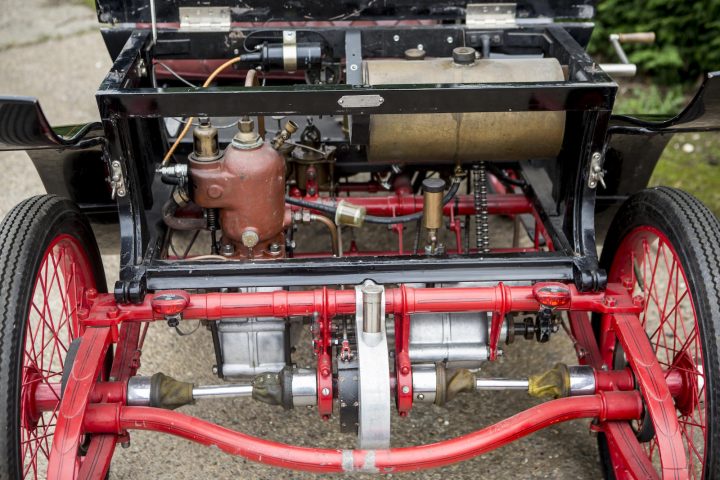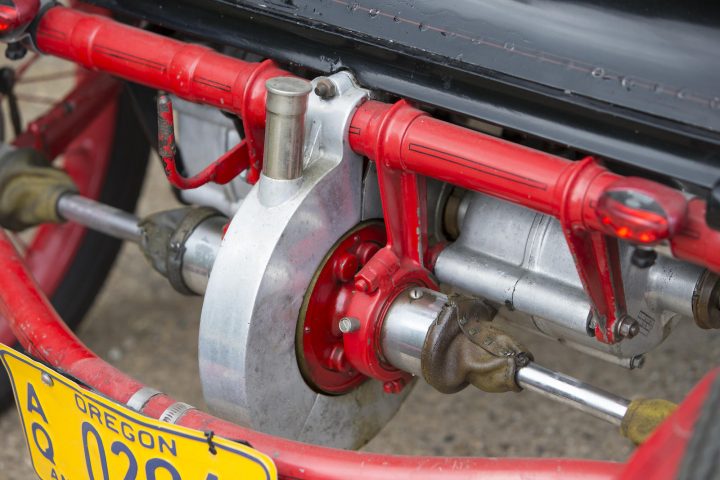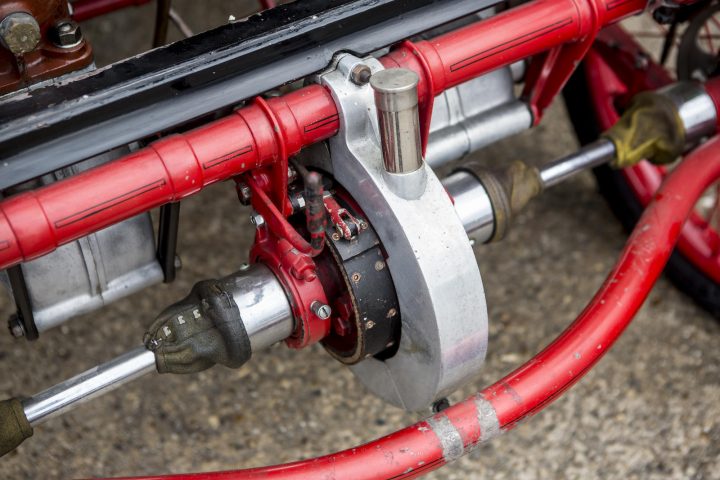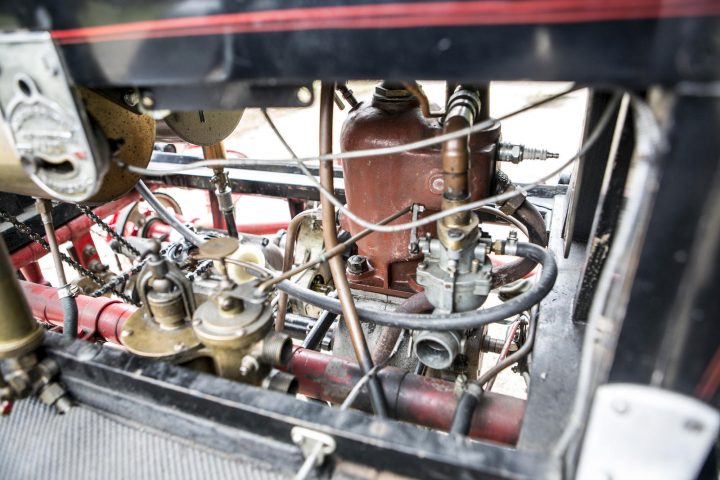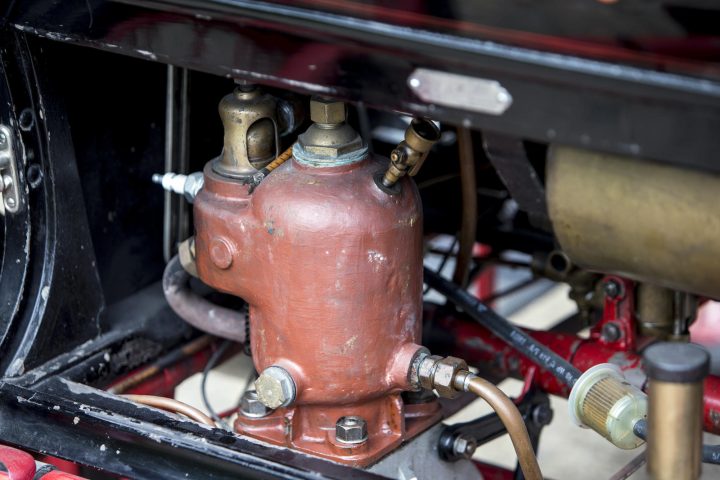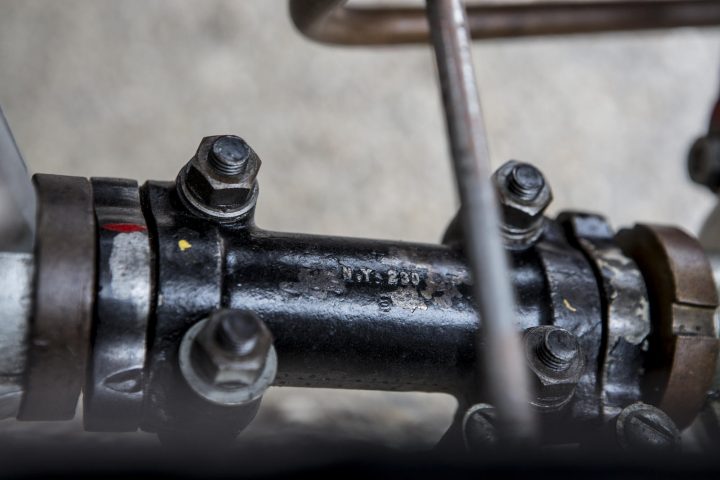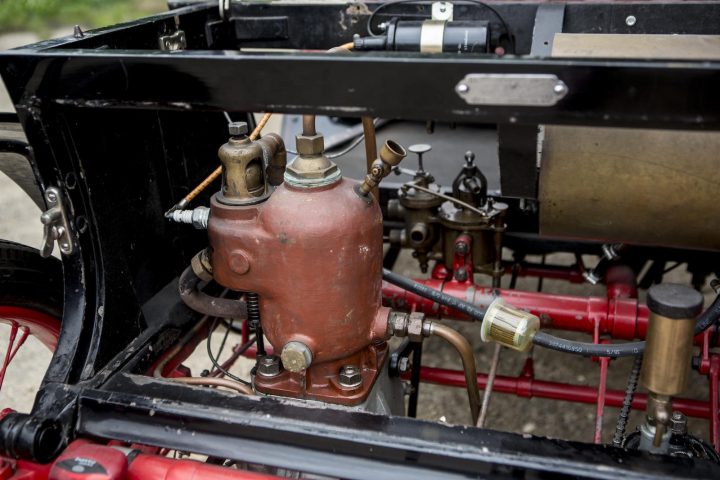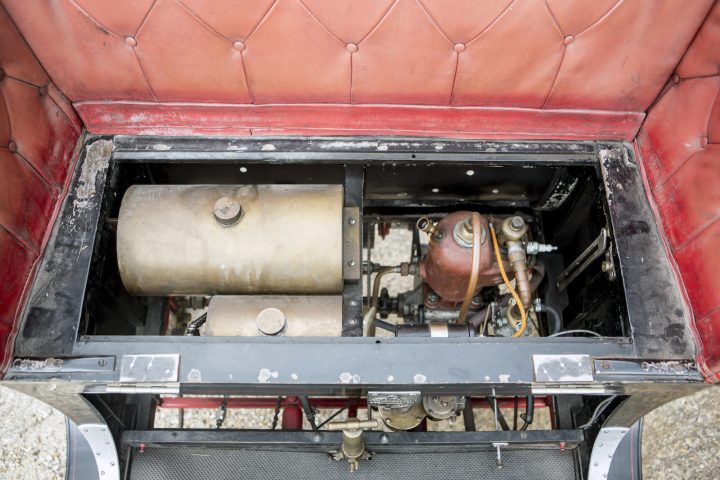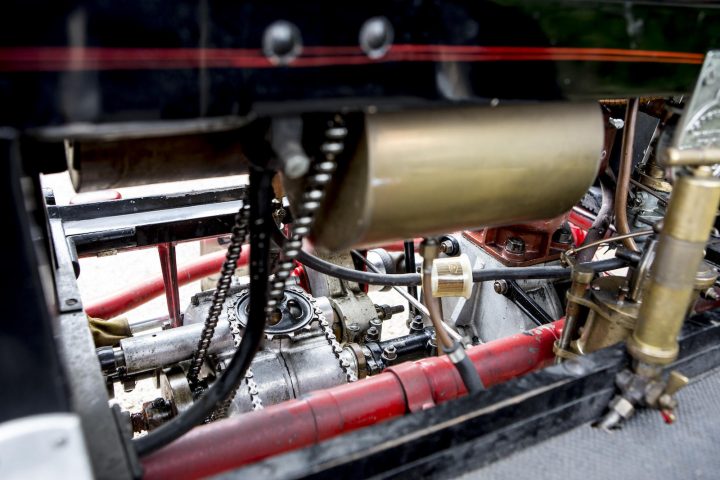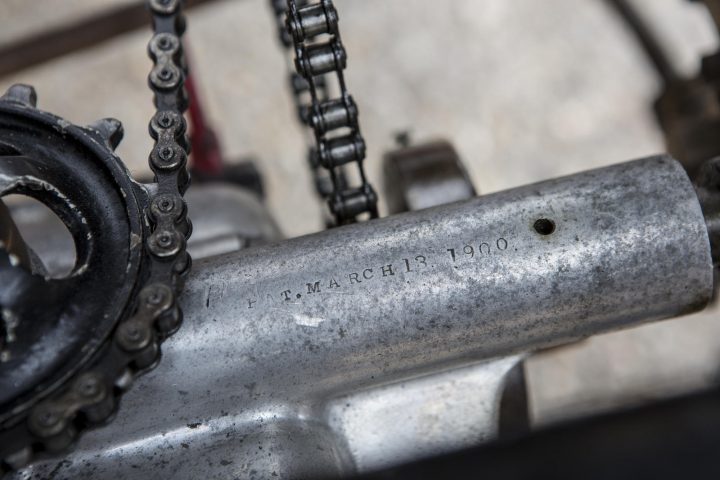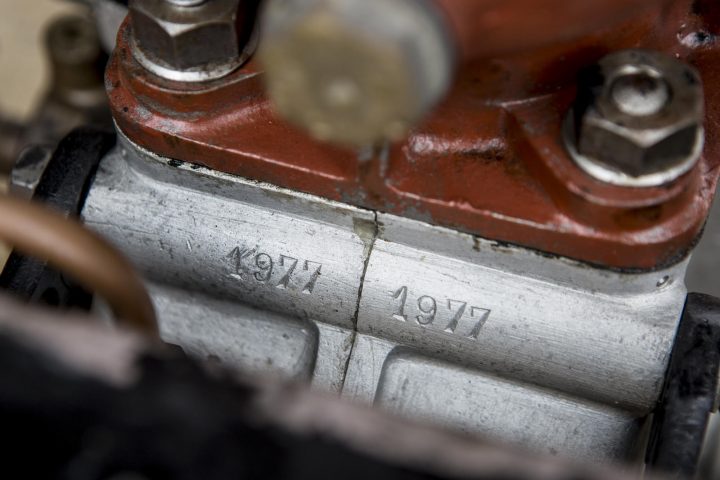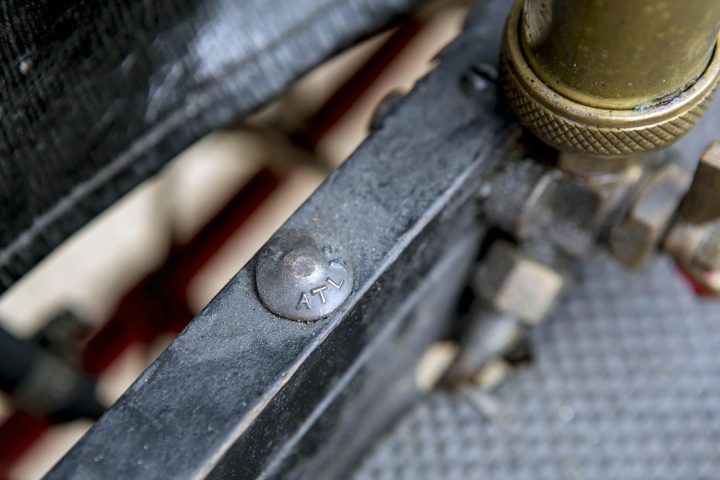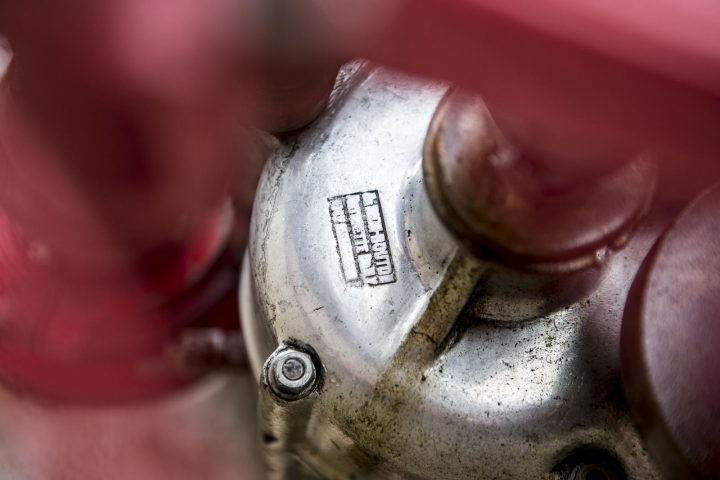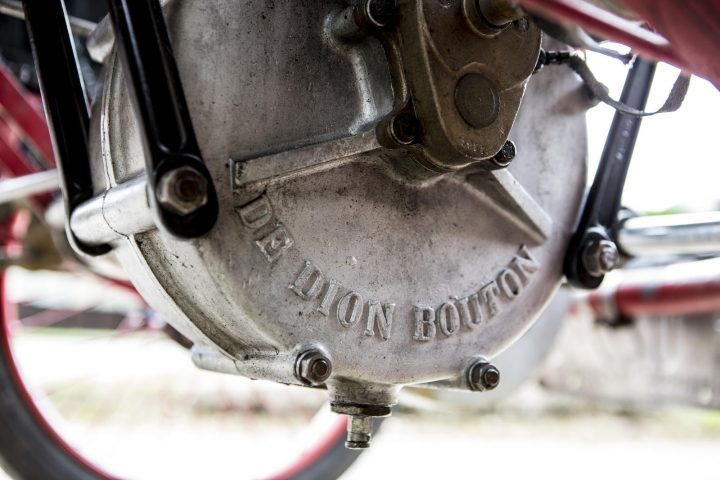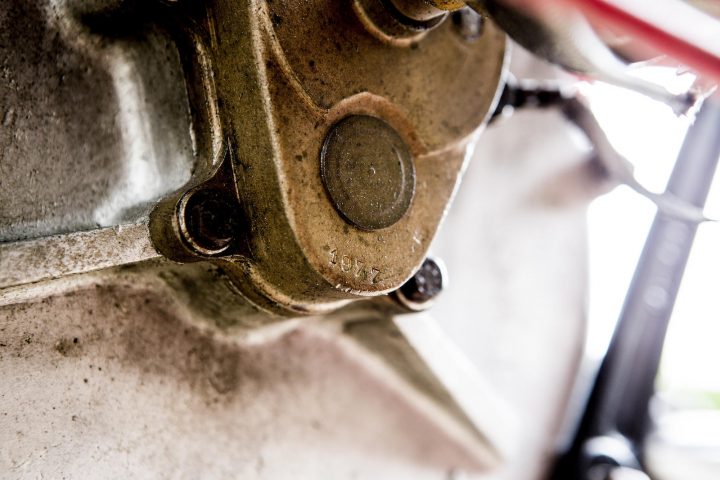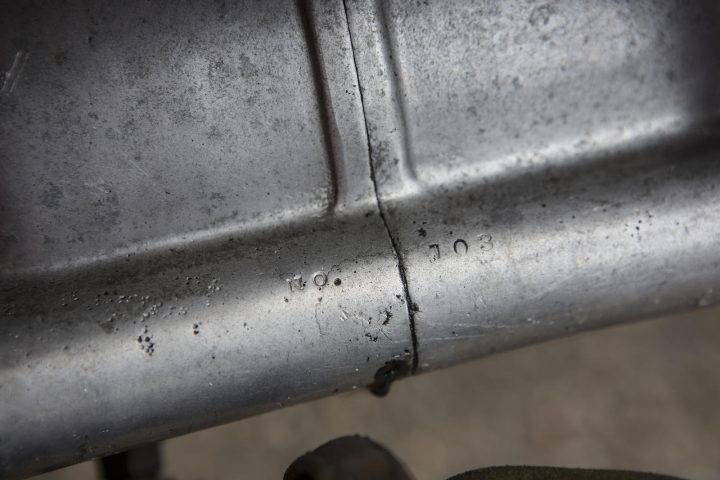De Dion Bouton 3.5 HP New York Vis à Vis – 1900
Marca : De Dion Bouton
Modello : 3.5 HP
Versione : New York Vis à Vis
Anno : 1900
Telaio N. : 8
Motore N. : —
Esemplari prodotti : —
Motore : Monocilindrico
Cilindrata : 402 cc
Distribuzione : —
Valvole Cilindro : —
Alimentazione : —
Potenza : 3,5 HP
Top speed Km/h : —
Auction Result
2016 – Londra – Bonhams – £ 44.500
‘During 1900-01, a factory in Brooklyn, New York, made a small number of American de Dion Motorettes in 2-seater vis-à-vis or closed coupé forms, powered by American-made 3.5hp engines.' – ‘The Beaulieu Encyclopedia of the Automobile'.
The names of De Dion and Bouton are inextricably linked with the pioneer years of the motor car, initially in company with Trépardoux in the building of light steam carriages, the first of which appeared in 1883. In the early 1890s De Dion and Bouton turned their attention to the internal combustion engine, much to the annoyance of Trépardoux who quit in 1894, leaving his erstwhile partners to develop what was, in effect, the first high-speed internal combustion engine.
Engineer Bouton's power units developed significantly greater output than their contemporaries from Daimler and Benz yet matched them for reliability. Small wonder then that De Dion Bouton engines were adopted by many other manufacturers of tricycles, quadri-cycles, and light cars, both in Europe and the United States, influenced no doubt by the success of the flying tricycles in events such as the Paris-Bordeaux and other endurance races.
An estimated 140 makes worldwide used De Dion engines, including the De Dion-Bouton Motorettte Company of Brooklyn, the USA's sole such example. Founded in 1900, the latter had acquired the De Dion license from Kenneth A Skinner, controller of the French firm's patents in the USA. Marketed as the ‘American De Dion', these cars were produced for little more than one year before Skinner revoked the company's license, bring De Dion's American venture to a close.
Early De Dions were rear engined and of the vis-à-vis type, where the passengers sat facing the driver, like the American-built example offered here. All such De Dions were noted for their reliability, which is borne out by the number surviving today.
